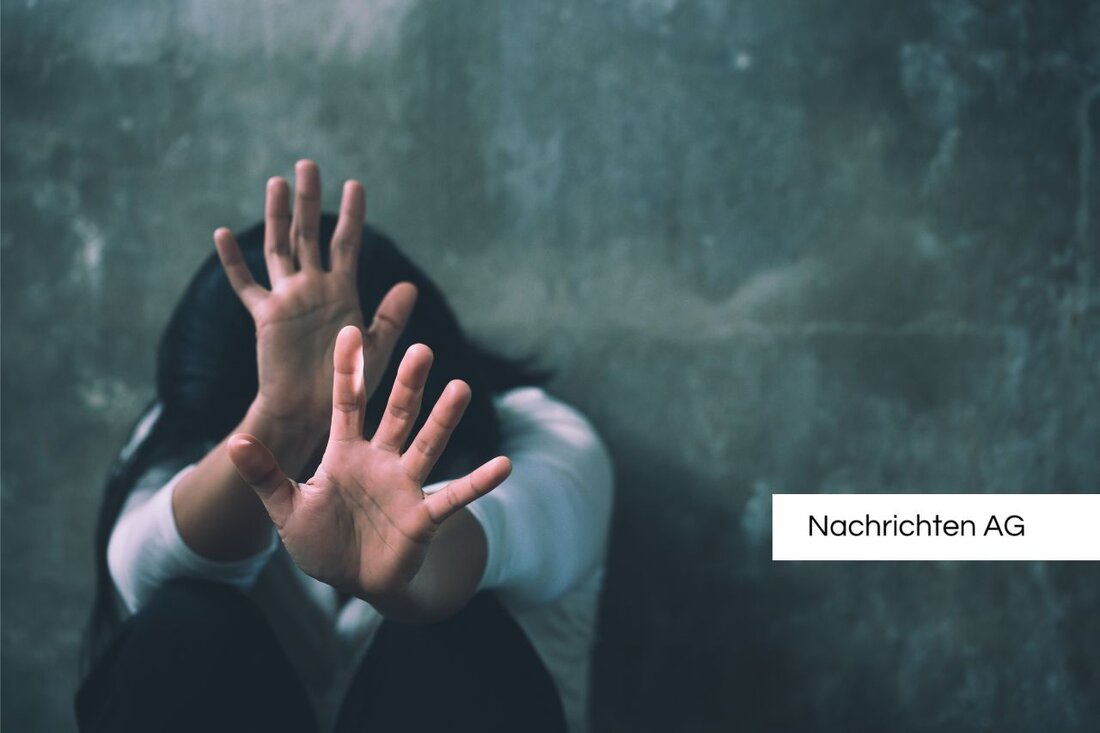Weinstein process: split judgment ensures heated debate!
Weinstein process: split judgment ensures heated debate!
New York, USA - The trial against the former Hollywood producer Harvey Weinstein ended a few days ago with a split judgment and increasingly tense atmosphere among the jurors. The jury could not agree in an indictment point for rape, while she found Harvey Weinstein guilty in two more points to have committed serious sexual crimes on a woman. In another indictment point that affected a second woman, however, he was found to be not guilty. The jury head of threats that led to his refusal reported on the heated consultations. Judge Curtis Farber noted that the discussions within the jury were intensive and conflict.
The sentence for Weinstein, which was sentenced to 16 years in prison in California in 2023, will be announced at a later date. The public prosecutor plans to reopen the controversial rape at the point of view, and a court appointment for advice was set for July 2. The new process that lasted about six weeks was based on the statements of three women, two of whom had already testified in the first process
statements and evidence
Special attention was paid to Jessica Mann, one of the prosecutors whose statements shaped the legal consultations. Mann claims that Weinstein raped her in 2013, stating that she has led an amicable relationship with him. Her defense argues that despite the injuries suffered, Mann continued to contact Weinstein and sent him inviting messages. She herself explained that she "composed" the emotional pain he inflicted on her.
Weinstein, now 73 years old, has not guilty and denies the allegations by stating that all the encounters were mutually acceptable. In addition to the current charges, he also has to face allegations from two other women, Mimi Haley and Kaja Sokola. While the jury consists of seven women and five men, she has repeatedly asked for an insight into electronic evidence in the last few days of consultations. These were checked in a separate procedure.
The social relevance of sexual offenses
The Weinstein case not only raises questions about his personal guilt, but also reflects the deeper problem in dealing with sexual offenses. Sexual offenses such as rape, sexual coercion and abuse are considered to be particularly loathous in society. In Germany, the number of sexual crimes recorded has increased in recent years, and in 2024 a new high was reached of around 128,000 cases. Studies show that 91 percent of the victims of sex crimes are female, even around 94 percent in rapes.
This illustrates that dealing with sexual offenses is not only legally but also socially relevant. Often sacrifices are afraid of showing acts for fear of blame or traumatic memories. It is a task for society as a whole to question and combat the thought patterns on which such attacks are based. The Weinstein case not only contributes to legal clarification, but also for a necessary change in dealing with sexual violence.
The process that was re -rolled up by an appellate court due to procedural errors remains a central topic in the discussion about sexual assault and the protection of victims in our society.
Further information on the background and developments in the Weinstein case can be found in the reports of Süddeutsche Zeitung and AP News . For another context about the increase in sexual offenses in Germany, take a look at Statista .
| Details | |
|---|---|
| Ort | New York, USA |
| Quellen | |


Kommentare (0)